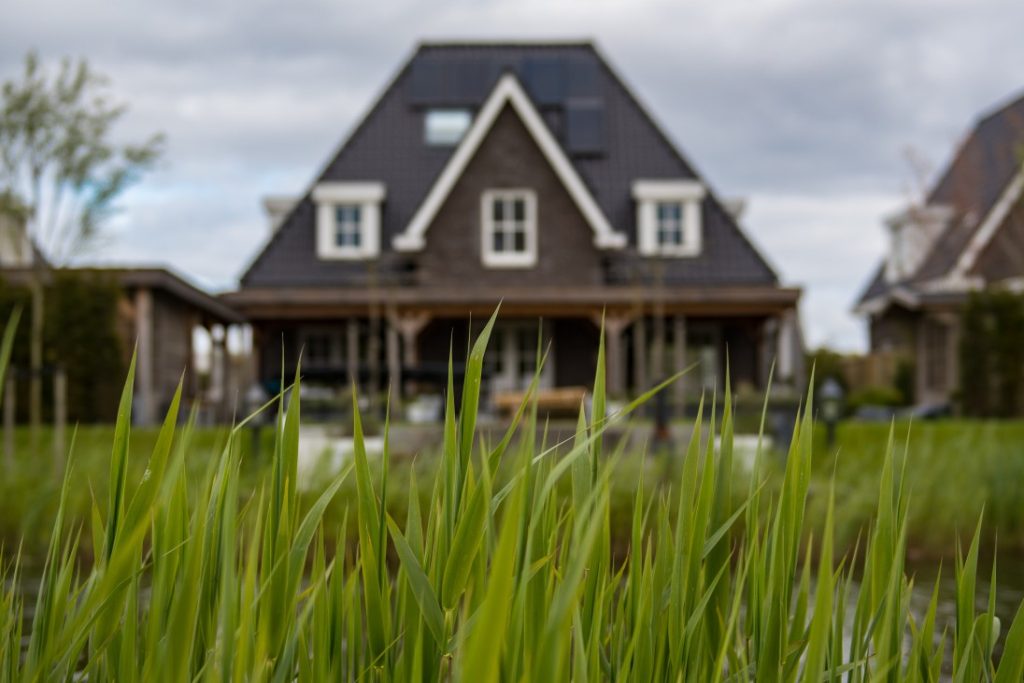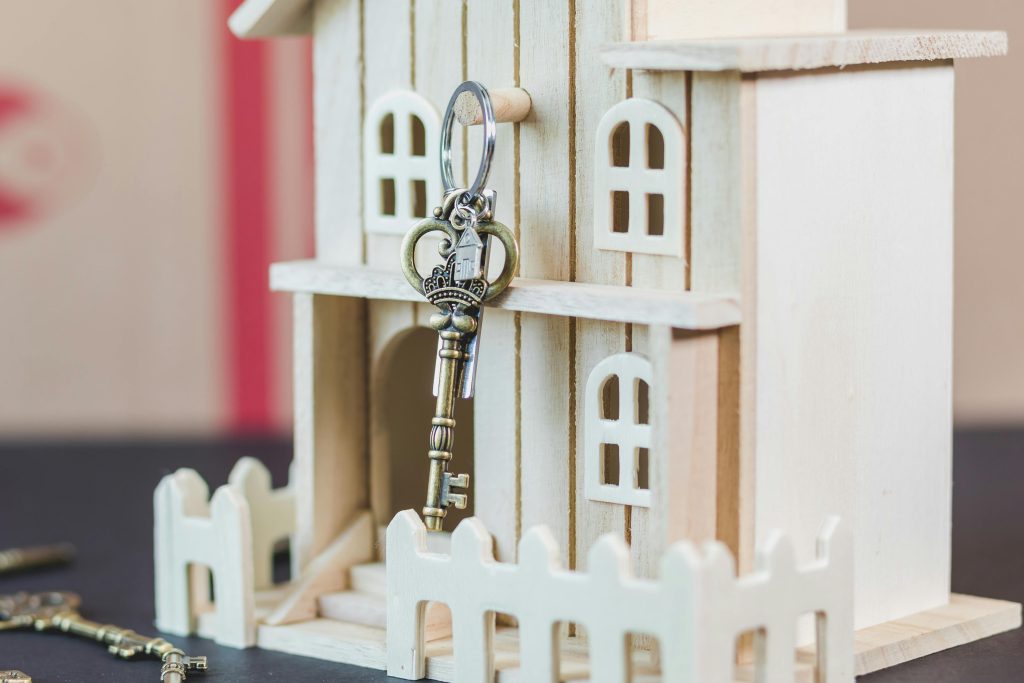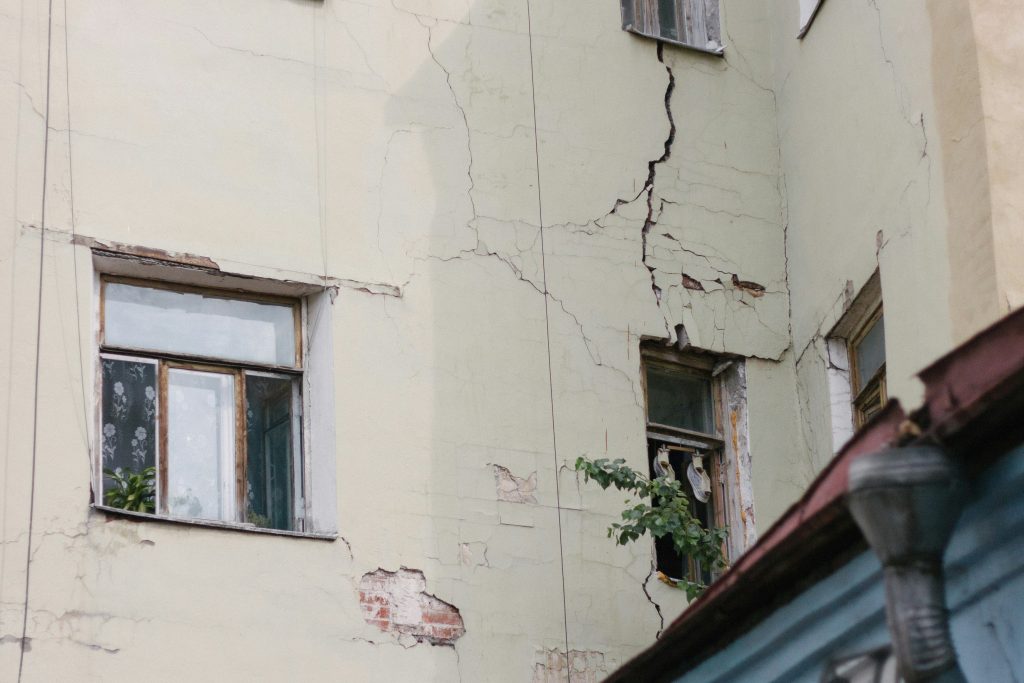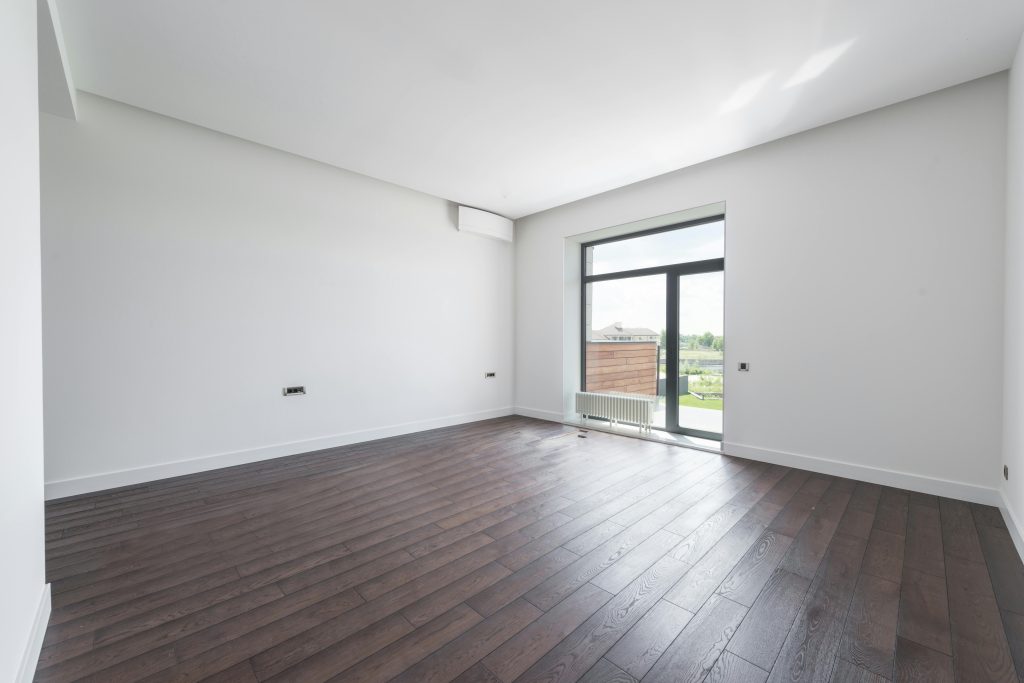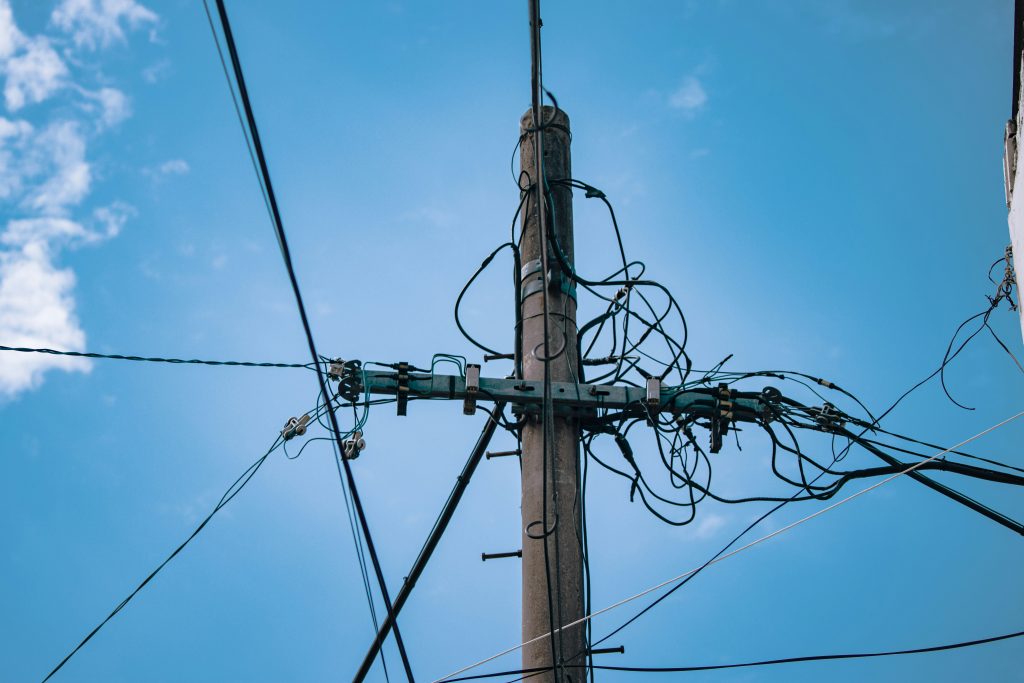Many factors can devalue the property of your house. Some are obvious, like the condition of the property and low energy efficiency. However, some factors are less obvious, such as the presence of Japanese Knotweed. What is it, and why might it be a problem for house sellers? We take a look in this guide about whether Japanese Knotweed devalues your property.
What is Japanese knotweed?
Native to Japan, Japanese knotweed is an extremely invasive plant known for causing considerable harm to buildings and infrastructure. It’s a major worry for many property owners and presents notable difficulties in property transactions, whether buying or selling.
How does Japanese knotweed cause a problem?
Japanese knotweed is recognised as one of the UK’s most invasive and damaging plant species. It’s infamous for its uncontrolled growth, causing harm to buildings, taking over gardens and being notoriously hard to eliminate.
This aggressive plant can grow through concrete and tarmac, undermining the structural integrity of properties. If it gets out of control, its extensive root system invades drainage systems, which leads to costly repairs.
Beyond that, its presence in a garden can quickly overwhelm other plants, reducing biodiversity in the process. The difficulty in completely eradicating Japanese knotweed only adds to the challenge and often requires professional intervention as well as ongoing management, often spanning years, to control its spread.
Lastly, due to its ever spreading underground network of roots, it has the potential to infect neighbouring properties. This presents a risk of lawsuits from neighbours, if they can prove that the plant has come from your property.
How does Japanese knotweed affect house prices?
Japanese knotweed can notably affect property values, with extreme historic instances showing devaluation by as much as six figures, according to a BBC report. In most cases, however, you can expect the price to drop by between 5% to 20%, figures that still have a significant impact, that could see many sellers selling at a deficit, and making a loss.
How do I identify Japanese knotweed?
When buying or selling a property affected by Japanese knotweed, one major obstacle is its identification and the assessment of the infestation’s severity. Despite its unique appearance with large, heart-shaped leaves and bamboo-like stems, it’s easy to mistake for other plants. It’s also challenging to detect in its early growth stages, as it spreads underground.
Eradicating Japanese
Eradicating Japanese Knotweed poses a significant challenge due to its resilience. Its extensive root system can reach several metres underground, complicating complete removal. The plant is also capable of regenerating from small root fragments, enabling it to rapidly reappear after removal efforts if they are not 100% thorough. Consequently, professional services are required for effective treatment and eradication of the plant.
How much does Japanese knotweed cost to fix?
The sums involved in removing Japanese knotweed are substantial. Prices depend on the size and location, but it’s not uncommon to pay upwards of £4,000 to eradicate Japanese knotweed from your property.
It can grow to over two metres high and spread quickly. If it gets out of hand, you could even end up paying close to £40,000. Other factors influencing the cost of chosen removal method, such as herbicide treatment, excavation and removal or root barriers, as well as the need for an insurance-backed guarantee.
Can I use insurance to pay for Japanese knotweed?
Dealing with Japanese Knotweed? It might be worth checking your home insurance policy. Some insurers won’t cover damages caused by this invasive plant, potentially leaving you with hefty repair bills. But some do, although you’ll need to be prepared for the possibility of increased premiums. It’s always best to be upfront and check your coverage details to avoid any unpleasant surprises.
How can I remove Japanese knotweed?
Due to the tough nature of Japanese knotweed, experts often suggest professional chemical treatments as the most effective way to eliminate it. This typically involves applying herbicides like Weedol, Roundup or Milestone every three months over a three-year period. However, it’s important to note that it might take three to five years of repeated treatments to completely eradicate the plant.
For those with larger gardens or land, physically removing the weed’s roots is another option. This method requires excavating a significant portion of the land because of the extensive root system of Japanese knotweed, potentially affecting a large area.
Do I need to disclose Japanese knotweed when selling my home?
There are legal implications to consider if you’re a homeowner with Japanese knotweed on your property. There’s more to it than just managing the plant. When selling your home, you’re legally required to disclose its presence in a TA6 form.
Failing to do so can lead to serious repercussions, including legal challenges from the buyer. Additionally, if the knotweed spreads to neighbouring properties, you could face legal action from your neighbours. So there’s more to think about than the immediate impact on your property – other factors include wider responsibilities and potential legal issues that come with owning a property affected by this invasive plant.
What are the preventative measures for Japanese knotweed?
Regular garden maintenance is your best friend for stopping Japanese knotweed in its tracks. Look out for the early signs and move quickly. For example, if you spot it on a neighbour’s land, it’s wise to discuss it amicably.
Remember that early intervention can save a lot of hassle later. Don’t let this pesky plant take over – stay vigilant and act promptly to protect your property and maintain good relations with your neighbours
Can I sell my home with Japanese knotweed?
If you need to sell your home but have a Japanese knotweed problem, all is not lost. At Property Rescue, we will buy your home with Japanese knotweed in as little as 48 hours with a guaranteed sale. We’ll even take care of the whole legal process.
Get a free, no-obligation cash offer for your home now by clicking here.
FAQs
What is the 7 Metre rule for Japanese knotweed?
The 7-metre rule for Japanese knotweed refers to the guideline that if the plant is found within 7 metres of a property, it can potentially impact the property’s valuation and mortgage applications.
Is it hard to sell a house with Japanese knotweed?
Yes, it’s challenging to sell a house with Japanese knotweed due to its impact on property value and potential buyers’ concerns. But you can always sell to Property Rescue. Get your cash offer for your home now by clicking here.
Is it a criminal Offence to sell a property with Japanese knotweed?
No, it’s not a criminal offence to sell a property with Japanese knotweed, but sellers are legally required to disclose its presence. Failure to do so can lead to civil action lawsuits.

